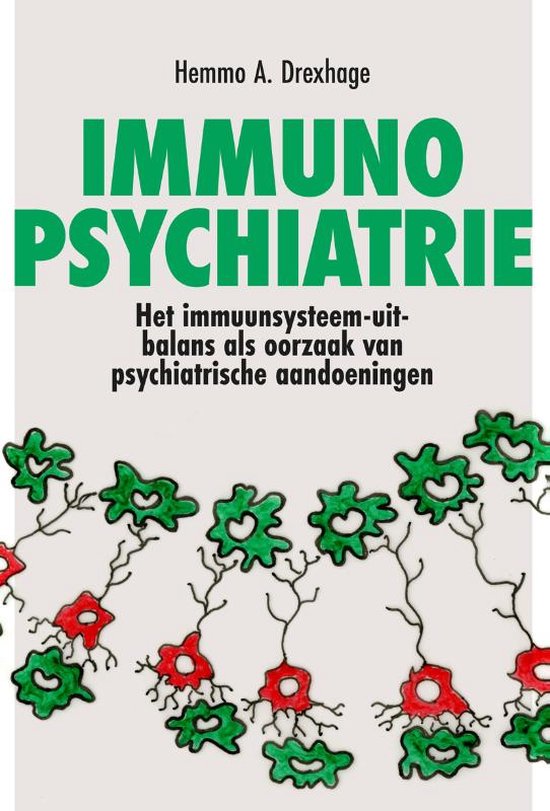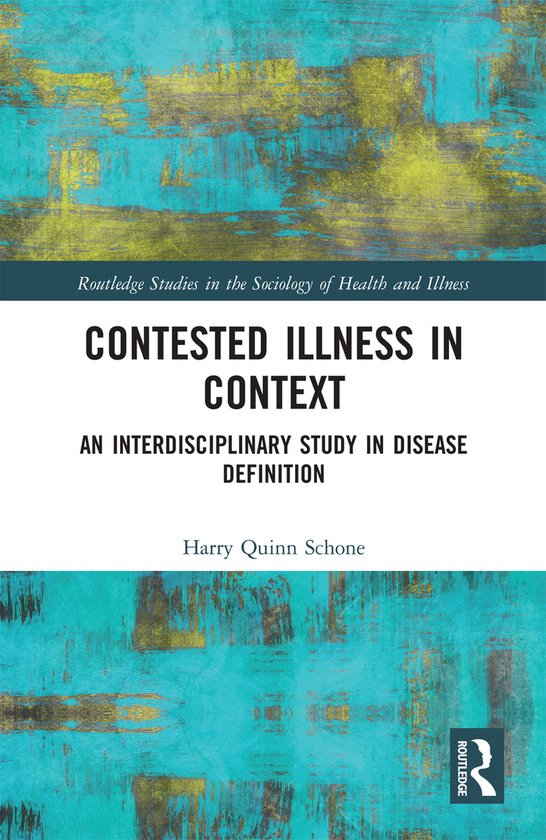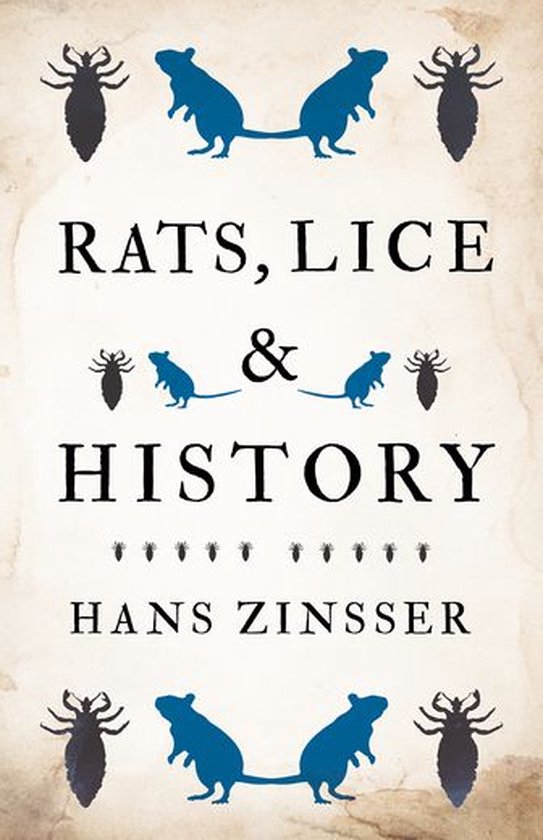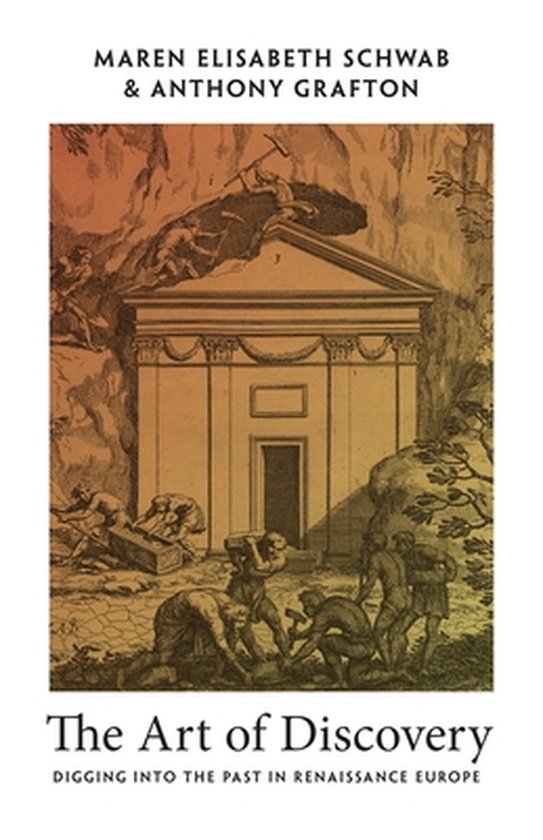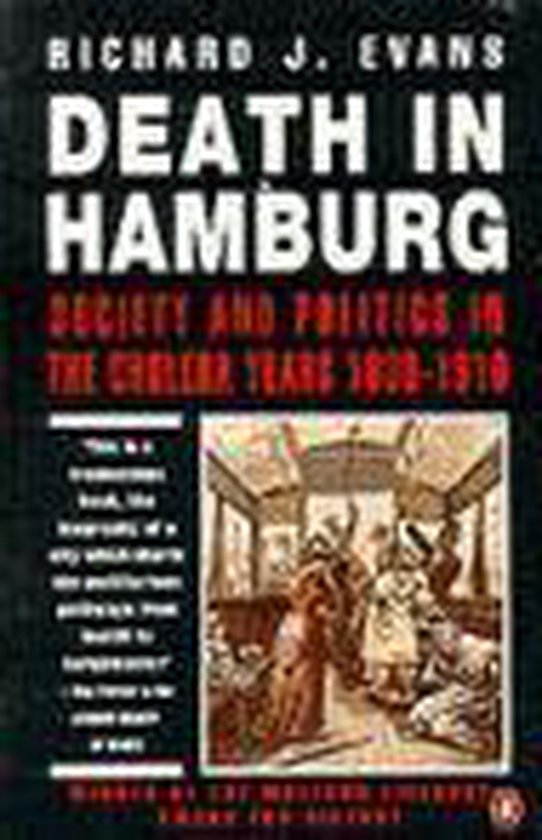
Death in Hamburg
'The terrible cholera epidemic of 1892' offers a wealth of insights into the inner life of a great European city at the height of the industrial age. Why were nearly 10,000 people killed in six weeks in Hamburg, whilst most of Europe was left almost unscathed? As Richard J.Evans explains, it was largely because the town was a unique anomaly: a 'free city' within Germany governed by local notables, who believed in the 'English' ideals of laissez-faire. Their failure to supply clean water, fresh air and pure food played a major role in the catastrophe. Their medical theories, influenced by political and economic interest, only made matters worse. The whole story of 'the cholera years' is tragically revealing of the age's social inequalities and administrative incompetence; it also offers some disquieting parallels with today's attitudes to AIDS.
| Auteur | | Richard J. Evans |
| Taal | | Engels |
| Type | | Paperback |
| Categorie | | Geschiedenis |

